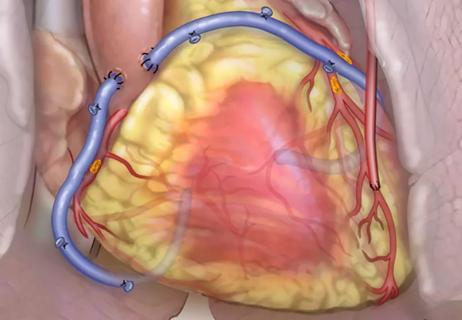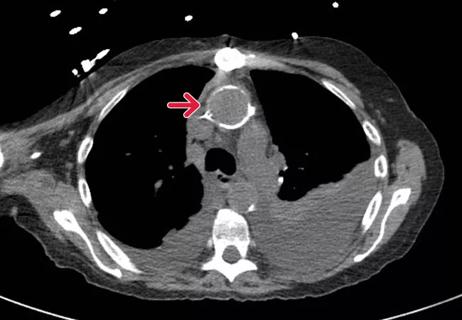Locations:

Advantage is greatest in patients with the most complex disease

Only commonality is a need for individualized, expert care
Advertisement
Cleveland Clinic is a non-profit academic medical center. Advertising on our site helps support our mission. We do not endorse non-Cleveland Clinic products or services. Policy
Advertisement